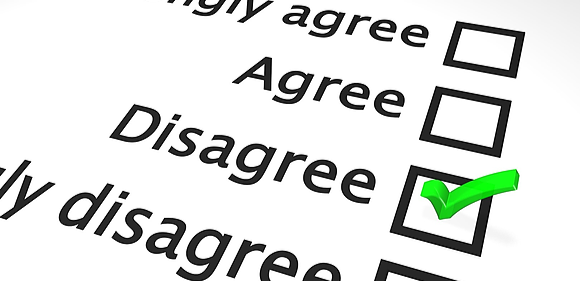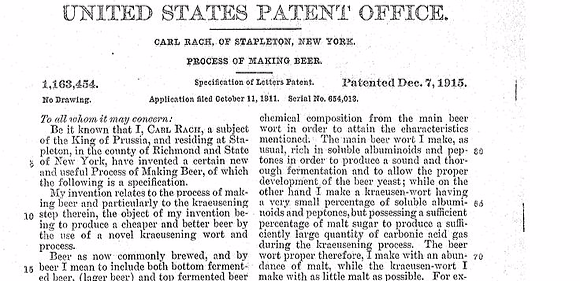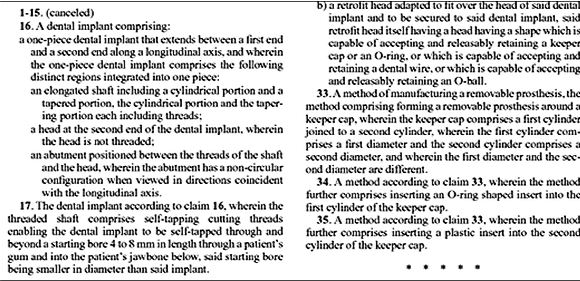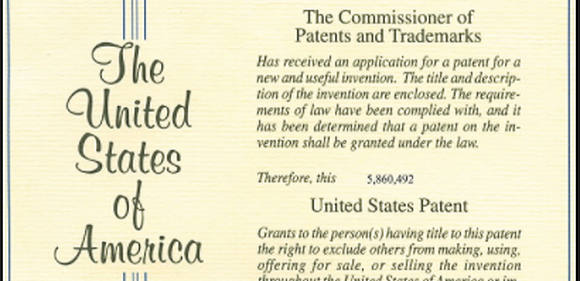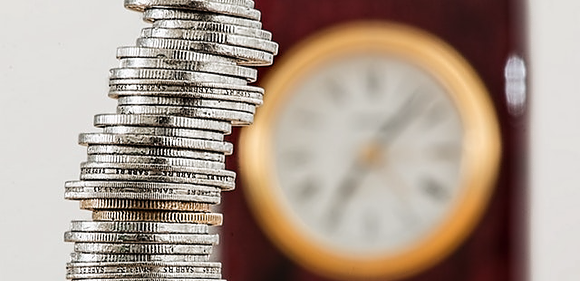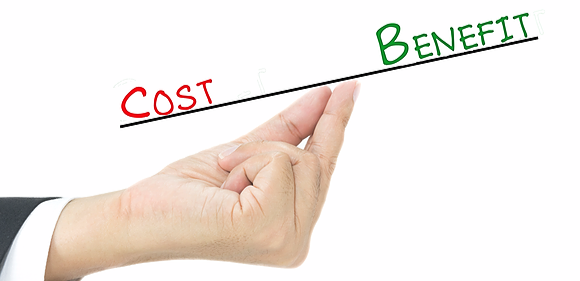Dealing with rejection is part of the patent process.
The Examiner is not rejecting you or your invention. The Examiner is just the way you claim your invention, so do not take the rejection personally. At the end of every patent is a numbered list of sentences/paragraphs called claims. The claims describe what part of the invention you claim is your intellectual property. A claim defines exactly what the inventor owns (like a fence around a piece of property) and lets others know when they are trespassing on your intellectual property. The art of the deal.
The patent process is a negotiation. Typically, patent attorneys initially file claims that are broader than what the actual invention covers to reach for as broad of coverage for your invention as reasonably possible. The examiner will almost always reject the first set of claims and then work with the attorney to find reasonable middle ground. The Examiner will identify and apply the relevant prior art references (inventions available in the public domain before your patent application was filed) to each of the features of the claims in your patent application as part of the Office action. The Examiner will detail why the Examiner believes the features in the claims are found in the cited prior art. Do not take it personally. Once an Office action has been received, it is now up to you/your patent attorney to respond in one of two ways: Argue why your invention is different.
If the Examiner is mischaracterizing the prior art, interpreting it incorrectly or too broadly, or is otherwise misapplying the prior art references, you can argue how certain claim limitations/features are not found in the cited prior art reference. The Examiner will then review your arguments and either agree with them and find new references, agree with them and allow the patent application, or disagree with the arguments and maintain the rejections. Clarify the features of the claim (Amendments).
In addition or as an alternative to making arguments, you may also amend or adjust your claims clarify your invention. The adjustments may include limiting the scope of your invention or adding in new features to your claims that are not disclosed or suggested in the cited prior art references. Convincing is the Key
The goal of the Office action response is to convince the Examiner to allow your claims through a combination of claim amendments and skillful arguments that point out how certain claim recitations are absent in the cited prior art. It may take more than one response to different Office actions to reach the middle ground where your patent application may be allowed, but typically if you persevere you can reach the acceptable middle ground to get your patent application allowed. |
 About the Firm... About the Firm... Miller IP Law is a firm that focuses on small businesses, startups, and entrepreneurs/solopreneurs. We’re easy to use. We offer affordable pricing that’s transparent and flat-rate. We focus on the little guys who actually need our help. If you’d like an attorney on your team, simply schedule a Zoom call, and we’ll take care of the rest. Top Blog Articles1. Cheapest Way To Get A Patent 2. How Long Does It Take To Get A Trademark?  Want to chat more about this topic, or got a burning question? Take advantage of instant chat and send us a direct message

Find Us On LinkedIn |
About Our Firm…
Miller IP Law is a group of attorney's, based out of Mountain Green, Utah, who are excited to help you build your business and further innovate market places and economies. Please consider looking at our services, billed at flat rate, and be sure to grab a free strategy session to meet with us!
Get weekly stories and information about protecting intellectual property with our e-mail Newsletter today!
Need To Get In Touch With Us?➡Schedule A Free Strategy Session Today… |
|
Flat Fee Pricing
Straightforward for Patents and Trademarks
|
Patent Application |
Trademark Application |
Copyright Application |









































































